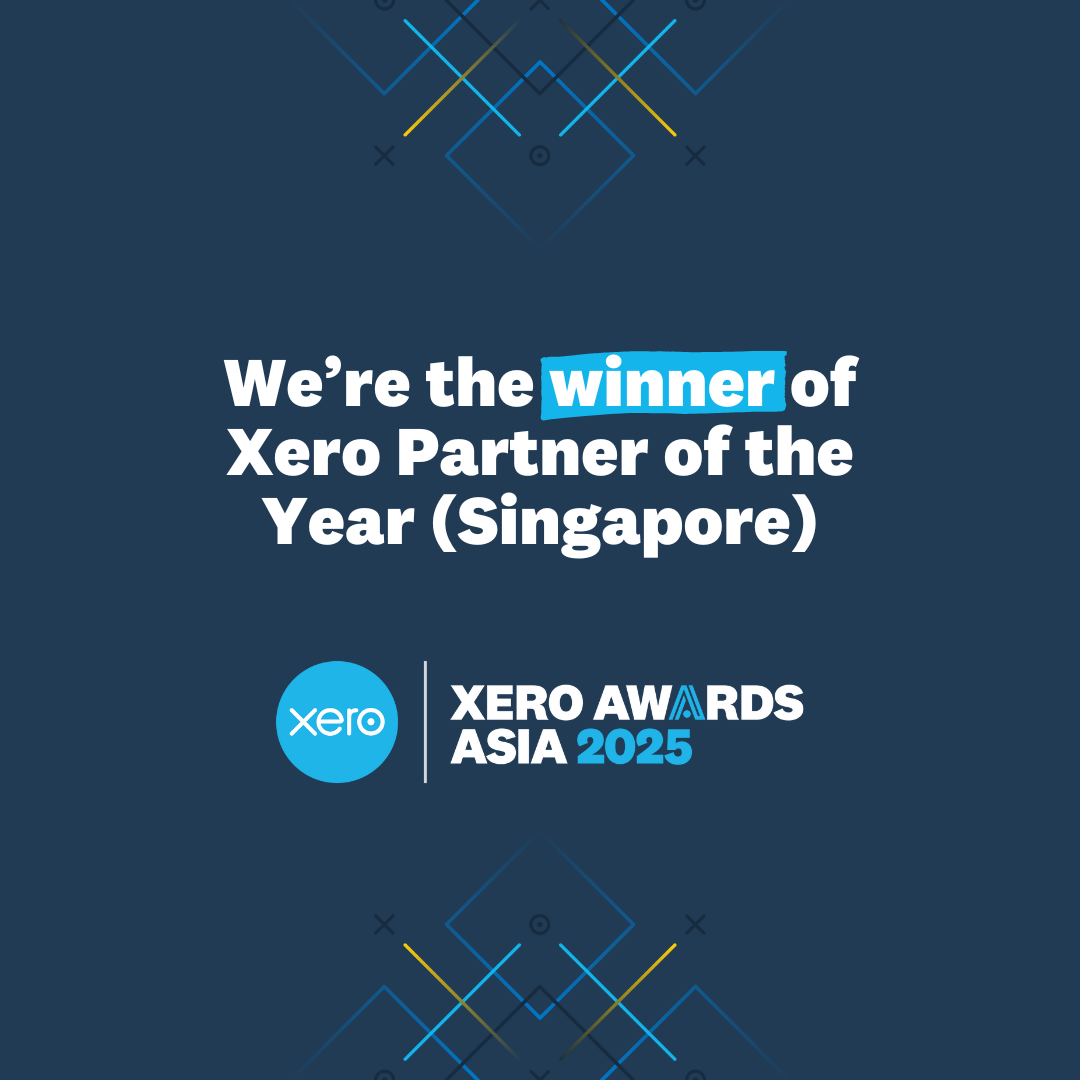Filing Requirements for Singapore Companies
There are annual filing requirements that every non-dormant company incorporated in Singapore needs to fulfil. For Corporate Secretarial matters, each company must hold an AGM and file an annual return with the Accounting and Corporate Regulatory Authority (ACRA). Each company must also declare their taxes with Inland Revenue Authority of Singapore (IRAS).
The filing dates and deadlines depend on your Financial Year End (FYE). For most cases, this is a date that you can choose yourself, for example, 31 December or 30 June.

Read on to learn about these obligations in more detail, and when each of these deadlines fall due.

File Estimated Chargeable Income (ECI) with IRAS — no later than 3 months after FYE
ECI is your company’s taxable income after you’ve deducted all tax-allowable expenses. You also need to state company revenue in your ECI form.
Do I need to file the ECI for my company if it is nil?
Your company does not need to file ECI in any Year of Assessment (YA) when both criteria are met. There is no need to seek confirmation from or inform IRAS of the waiver:
- Annual revenue is $5 million or below for the financial year; and
- ECI is nil for the YA. The ECI should be the amount before deducting the exempt amount under the partial tax exemption scheme or the tax exemption scheme for new start-up companies.
How to Pay Estimated Tax?
There are 2 ways to pay your taxes. Payment by GIRO or manual Electronic Payment (Internet Banking, Phone Banking and NETS). We recommend signing up for GIRO to enjoy instalment payment arrangements for estimated tax. GIRO is automatic so you will have one less thing to remember.
What if my income in ECI and Form C-S/C is different?
- If income declared in Form C-S/C was less than in ECI and results in a lower tax payable, IRAS will automatically refund the taxes
- If income declared in Form C-S/C was more than in ECI, resulting in more tax to pay, you have 1 month to pay from the date of the Notice of Assessment.

Annual General Meeting (AGM) — no later than 6 months after FYE
The AGM is a meeting for your company to present and approve the financial statements (accounts) to shareholders (members). Shareholders can ask questions about the health of the business, and approve other corporate actions such as dividends distribution, appoint officers and directors. It is not necessary to hold a physical meeting. It can be organised as an exchange of documents.

File Annual Returns with ACRA — no later than 7 months after the FYE
Annual Returns (AR) is an electronic form you need to submit to ACRA. It contains important particulars of the company such as the name of the directors, secretary, its members, and the date to which the financial statements of the company are made up to.
Depending on the company's shareholding and solvency, it may also be required to submit the financial statements in XBRL format, full version or highlights.
Which Companies don't need to file XBRL?
Exempt Private Companies (EPCs) that are solvent are not required to file Financial Statements in either PDF or XBRL format.
- An EPC is a private company with less than 20 members (shareholders), and does not have any corporations holding beneficial interest in its shares (whether directly or indirectly).
- An EPC is insolvent if it is unable to meet its debts when they are due. Insolvent EPCs are required to file FS in either Simplified (Smaller Companies) or Full XBRL.
- Solvent EPCs only need to make an online declaration of their solvency, and filing FS is voluntary.
Late filing penalties:
Companies that file annual returns after the due date will be imposed with a late lodgement penalty of up to $600 for each late filing.

File Tax Return Form C-S/ C-S (Lite)/ C with IRAS — no later than November 30th after the FYE
Form C-S/ Form C-S (Lite)/ Form C is a Corporate Income Tax Return for your company to declare its actual income.
You will need to calculate a tax computation applying tax adjustments to the accounting profit to arrive at the income that is chargeable to tax. Tax adjustments include non-deductible expenses, non-taxable receipts, further deductions and capital allowances.
The forms have varying levels of disclosure and complexity depending on the revenue of your company.
Form C-S
- For companies with annual revenue of $5M or below.
- Not claiming a carry-back of capital allowances or losses, group relief, investment allowance, or foreign tax credit and tax deducted at source.
- The company is not required to file its financial statements and tax computation together with Form C-S. However, your company should prepare these documents and be ready to submit them upon IRAS’ request.
Form C-S (Lite)
- For companies with annual revenue of $200,000 or below.
- Not claiming a carry-back of capital allowances or losses, group relief, investment allowance, or foreign tax credit and tax deducted at source.
- Only 6 essential fields to be completed by companies with straightforward tax matters.
Form C
- All companies.
- Company is required to file its financial statements, tax computation and other supporting documents together with Form C.
Final corporate tax due:
- Once your tax return has been submitted, a Notice of Assessment (NOA) will be issued by 31 May the following year to confirm the final amount of tax to pay.
- You will have 30 days to pay the corporate tax. GIRO is recommended, otherwise you will have to make a manual electronic payment.
Late payment penalties:
- A 5% late payment penalty, and further 1% every month the tax is unpaid if full payment is not received by the due date of the NOA.
- IRAS could take legal actions or further enforcement to recover the unpaid tax.
Further examples on 30 November filing date:
Form C-S/ Form C-S (Lite)/ Form C must be filed by 30 November for the relevant Year of Assessment (YA). The filing due date of 30 November provides companies with at least 11 months to file from the time of closing of the accounts, but non-December FYE clients may have up to 22 months to file.

We're here to help!
There are many dates and requirements to remember and track to ensure that business owners stay compliant in Singapore. Fortunately Harvest Accounting can give you peace of mind by sending reminders, requesting for documents, preparing ECI, Financial Statements, filing Annual Returns, and taxes.
Spend less time on accounting and more time on doing what you do best! If you're feeling overwhelmed and looking for a team of qualified professionals to take some of the load off, why not reach out to us for a chat?

Latest Posts
Sign up to our monthly "Picks of the Crop" newsletter for the latest accounting and business updates.
Terms & Conditions, Privacy and Data Protection Policy






